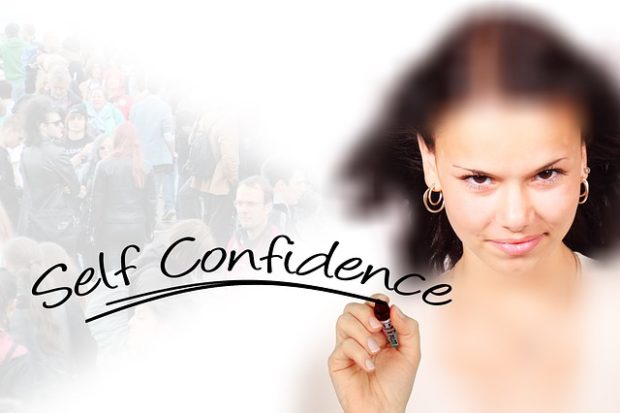Assert Yourself: How to Show Strength in a Job Interview

There’s a rising awareness of the need to tackle equality in the workplace. More and more employers are now setting targets to ensure equal representation of genders, and making efforts to close the pay gap.
Unfortunately, for all of that we still live in a culture where the expectations of behaviour are heavily stereotyped. So, while we might want to believe that women can act in exactly the same way as men and be treated fairly, the truth is that isn’t always the case.
Assertiveness is Important
Being able to assert your opinion or authority is important for many roles. If you’re going to make decisions, manage people and projects, or chair meetings, then being able to make your voice heard without tipping over into aggressive behaviour is vital.
Psychologists consider there to be four different communication styles – Passive, Aggressive, Passive-Aggressive and Assertive. The ideal way to communicate in a business setting is to be assertive, that is to be able to find a balance between making your own voice heard and giving way to hear the voices of others.
One issue that we have to contend with, as women, is that men can often over-estimate how much we are talking. A study done at Cambridge University asked participants to review a conversation and decide on what percentage of time men and women spent talking. They discovered that even though women spoke less, men perceived them as talking more.
What that means is, men can often see women as being dominant in conversations, even when we’ve spoken for less than half the time. So, if you want to be seen as assertive you (regrettably) have to keep this misconception in mind.
How to get the balance right
At a job interview you won’t be expected to dominate or lead the meeting. Although there may be exceptions, it’s usually best to respond to questions rather than try to control the interview yourself.
In the case of an interview, you should focus on responding assertively; that is being confident in speaking your answers to even difficult questions.

How can you do that?
- Give yourself extra time to understand a question by taking a brief pause before you answer. If you need more time, you can ask a clarification question, or repeat the question out loud before you begin stating your position.
- Put your feet on the ground, and practice breathing from your diaphragm, this will give you the best chance of answering in a calm and confident voice. If you tend to be nervous during interviews, you may speak more rapidly than normal. Make an effort to speak extra slowly and you’ll probably end up at your regular talking speed.
- Try and look relaxed. Keep your body posture open – don’t cross your arms or your legs. These are subconscious gestures that show we are feeling vulnerable, so practice sitting with your hands softly in your lap.
- When you answer questions, do so clearly and concisely. Don’t worry about memorising a thesaurus and using complicated terminology, just get your point across as quickly and clearly as you can.
Preparation is key
The best way that you can help yourself feel confident and in control before a job interview is to do your homework. Spend some time researching the role and the company, and thinking about what makes you the right person for the job. If you can convince yourself you’re a great match, you’re one step closer to convincing them.
Practice interview questions can be really helpful. Have a friend or family member take the role of interviewer and practice some of the most common interview questions.
Identify areas where you feel that you are weaker, and try to think of strategies for handling those questions which are likely to make you feel more stressed. Is there a way you can turn a negative into a positive?
If not, then consider admitting to your failings candidly – honesty and personal responsibility are both qualities employers look for and you will be demonstrating them. You will also be demonstrating assertiveness, taking charge of what could be an awkward conversation and handling it like a pro.
Although it’s sad that women still have to think strategically to get the same opportunities as men, until society changes and equality becomes normal, we will be living with the residual effects of everyday sexism for some time.
But once we’ve landed those dream jobs and have equal representation? Then we can start effecting change from the inside.
Sarah Dixon writes for Inspiring Interns, which specialises in sourcing candidates for internships and graduate jobs.

